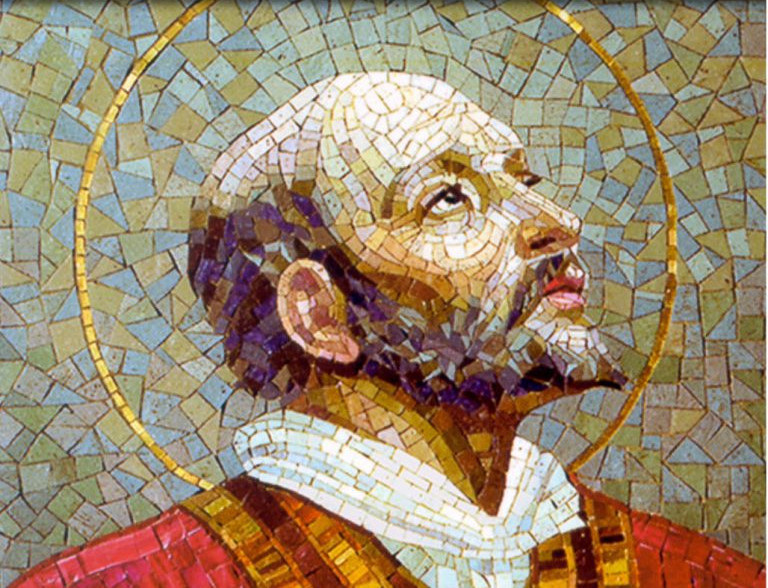St. Ignatius of Loyola, the founder of the Jesuits, composed several prayers that are cherished in Catholic spirituality. These prayers reflect his profound desire for surrender to God and service to others, core themes of his teachings in the Spiritual Exercises. Here is a look at some of his most famous prayers and reflections.

1. Suscipe (“Take, Lord, Receive”)
The Suscipe is one of Ignatius’ most famous prayers, found in the concluding part of the Spiritual Exercises. In it, Ignatius surrenders everything to God, asking only for God’s love and grace. The prayer is marked by its simplicity and depth, as Ignatius offers his entire self—his liberty, memory, understanding, and will—to God. The Suscipe embodies Ignatius’ understanding of true freedom, achieved by letting go of attachments and trusting wholly in God’s providence.
2. Anima Christi (“Soul of Christ”)
The Anima Christi prayer predates Ignatius but was profoundly significant to him. It became integral to Jesuit spirituality as a prayer of devotion to Christ. This prayer asks Christ to sanctify, strengthen, and protect the soul of the one who prays it. It is often prayed after receiving communion and invites a closer relationship with Christ, asking Him to stay close in times of suffering and at the hour of death. The words “Within Thy wounds, hide me” reflect the Ignatian desire to be united to Christ even in His sufferings.
3. Prayer for Generosity
The Prayer for Generosity is another well-loved Ignatian prayer, focusing on selfless service to God and others. It includes the lines, “to give and not to count the cost, to fight and not to heed the wounds.” This prayer reflects the Jesuit ideal of magis, or “the more,” which means striving to do more for God’s greater glory without concern for personal gain or recognition. It’s a call to wholehearted generosity, where one serves God without expecting anything in return.
4. Other Writings and Reflections by St. Ignatius
Apart from these formal prayers, Ignatius’ letters and meditations contain reflections that guide people in their spiritual lives. In his Spiritual Exercises, Ignatius encourages retreatants to use imaginative contemplation to experience Christ’s life intimately. His reflections on Finding God in All Things teach that God is present in every moment of daily life, not just in formal prayer, a concept central to Ignatian spirituality. Ignatius’ Rules for Discernment also offer valuable insights, helping people distinguish between desires that lead closer to God and those that do not.
Conclusion
The prayers and writings of St. Ignatius emphasize total surrender to God, finding God in everyday experiences, and serving others with a generous heart. His spirituality encourages a deep relationship with God that is both personal and practical, seeking not only to transform the individual but also to inspire service in the world. For those interested in exploring these prayers, resources are available on platforms like IgnatianSpirituality.com.
